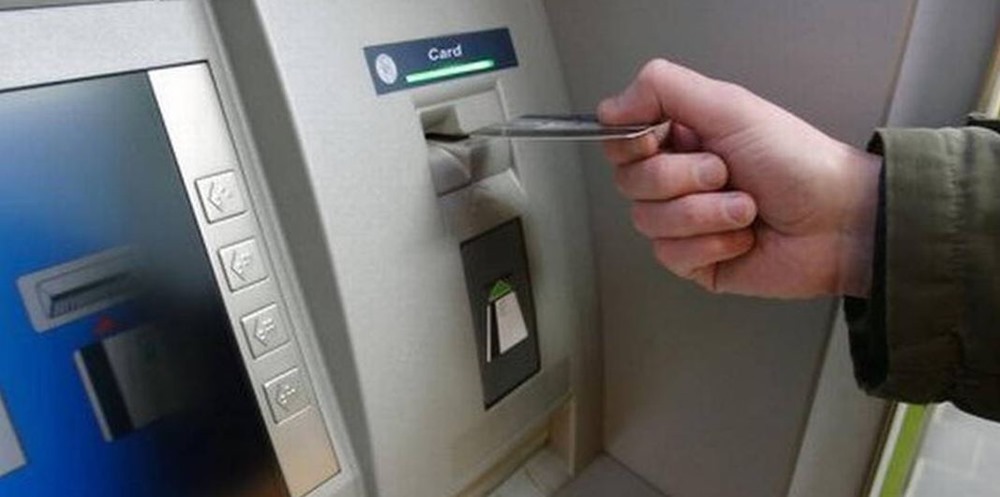RBI Justifies Cap On ATM Withdrawals From Own Bank; Claims It Will Promote ‘Cashless Economy’

Most of the banking systems in developed and developing countries do not place any cap on ATM withdrawals – customers can withdraw money from ATMs as many times as they wish. But in India, banking rules are different.
Even if you are using your own ATM card at your own bank’s ATM machine, you can only withdraw 5 times without paying any fees. 6th transaction onwards, there is a charge of Rs 20 per withdrawal.
When a lawyer decided to challenge RBI’s mandate regarding cap on ATM withdrawals, then RBI had to intervene, and justify their logic.
But it seems something is actually missing.
PIL Against RBI Over ATM Withdrawals
Advocate Swati Aggarwal filed the PIL questioning RBI’s decision to charge money for using ATMs. The PIL not only described this cap as “arbitrary and unjustified” but also accused described it as “discriminatory and against good banking practices and reforms and a backward move”.
The PIL said, “In almost all modern economies of the world, there is no cap on the number of transactions one can make on own bank ATM and unlimited number of transactions remain free of charge on their own bank ATMs..”
Besides, the PIL also questioned the ambiguous move by RBI, as in 2008, it has “justified and given directions allowing the free usage of ATMs for unlimited number of transactions on own bank ATMs”.
The PIL was filed in the bench of Chief Justice G Rohini and Justice Sangita Dhingra Sehgal.
RBI’s Logic On ATM Withdrawals Limitations
In their justification, RBI has actually termed this as a ‘policy decision’, taken in the ‘public’s interest’.
RBI has said that cap on ATM withdrawals will encourage cashless economy as the common man will need to use Internet banking, debit/credit cards and mobile apps to complete their transactions.
RBI vehemently opposed the PIL, as they said, “(PIL is) not maintainable and is liable to be dismissed, as RBI has not violated any laws of the land”.
On the accusations that RBI has acted on the behest of Indian Banks’ Association and placed a limit on ATM withdrawals, RBI said, “The PIL is not meant to be a weapon to challenge the financial or economic decisions which are taken by the RBI in exercise of their administrative/ statutory powers and in the public interest..”
The bench has asked RBI to file an affidavit on this issue before the next hearing, which is on December 5th.
But.. What About Rs 2000 Currency Note?
As per various reports emerging, RBI is all set to launch Rs 2000 currency note, which is the highest denomination ever circulated in India. Higher denominations of currency makes black money transactions easier, and this is certainly one huge anti-cashless move by RBI.
Due to various policies and schemes by Govt. of India, e-payments in India is certainly growing at a remarkable pace, and in January this year, cashless transactions actually surpassed cash transactions for the first time in India.
But using cashless economy to justify Rs 20 per ATM withdrawal and terming it as ‘public interest’ policy is a bit too harsh for the common man.
Do you think that RBI should allow unlimited ATM withdrawals just like what banking systems in other countries do? Do let us know by commenting right here!
